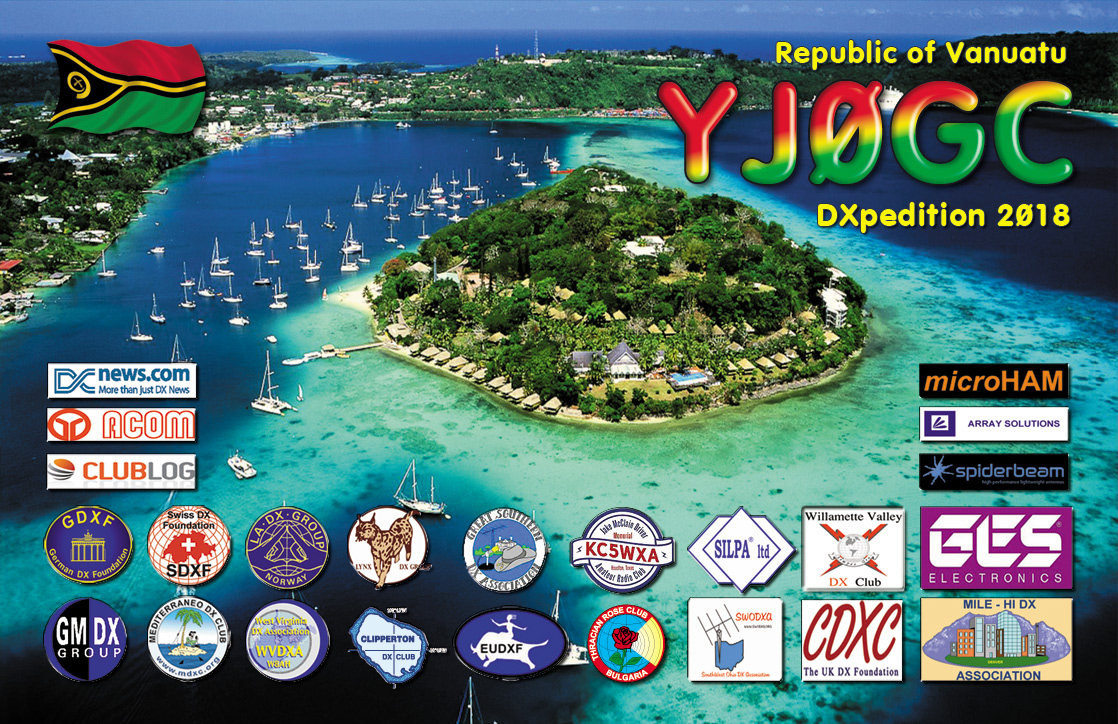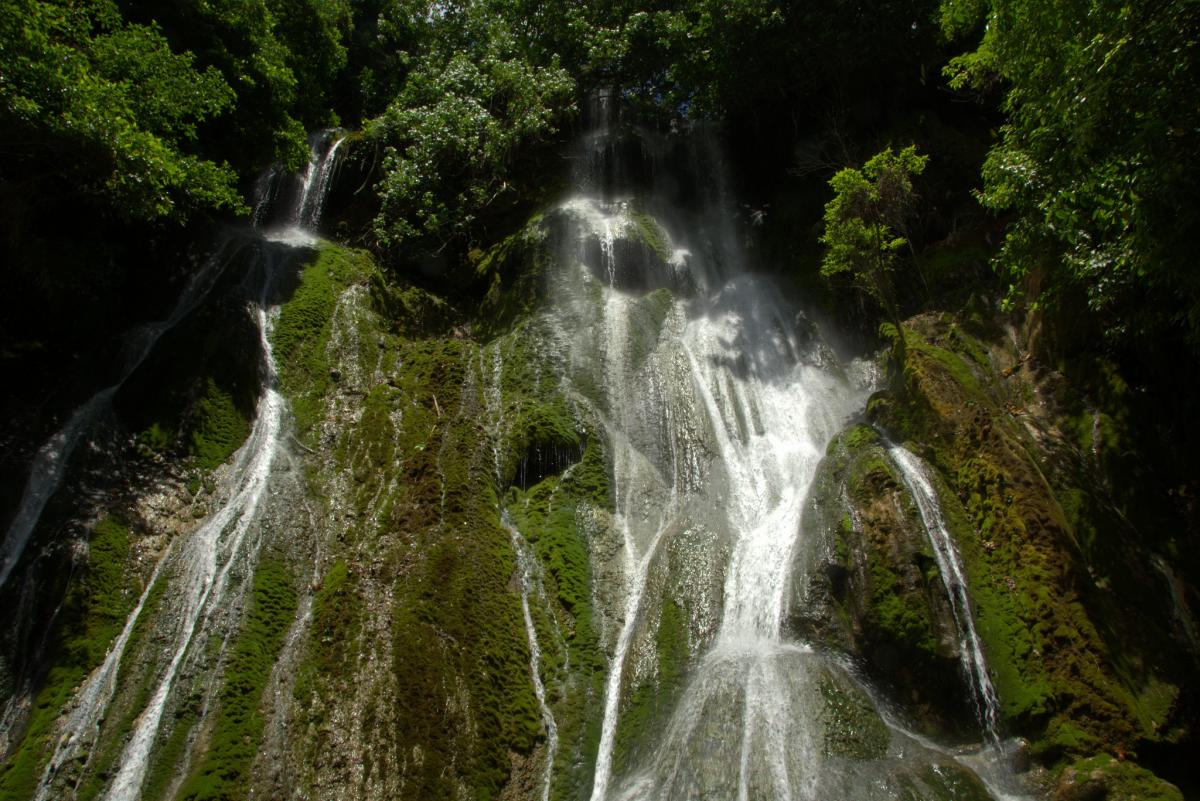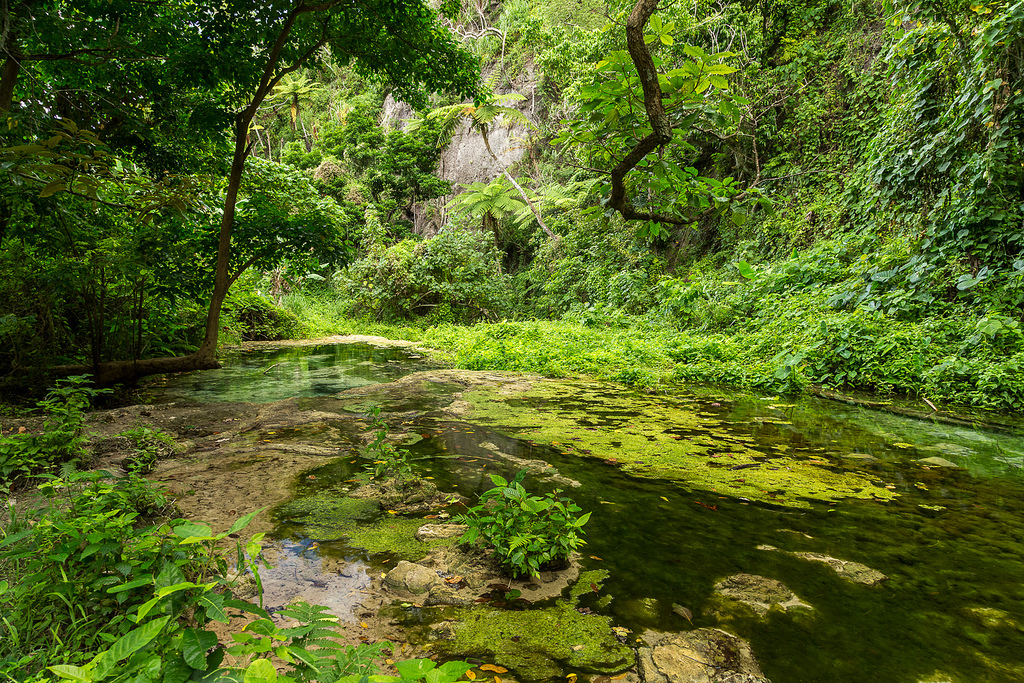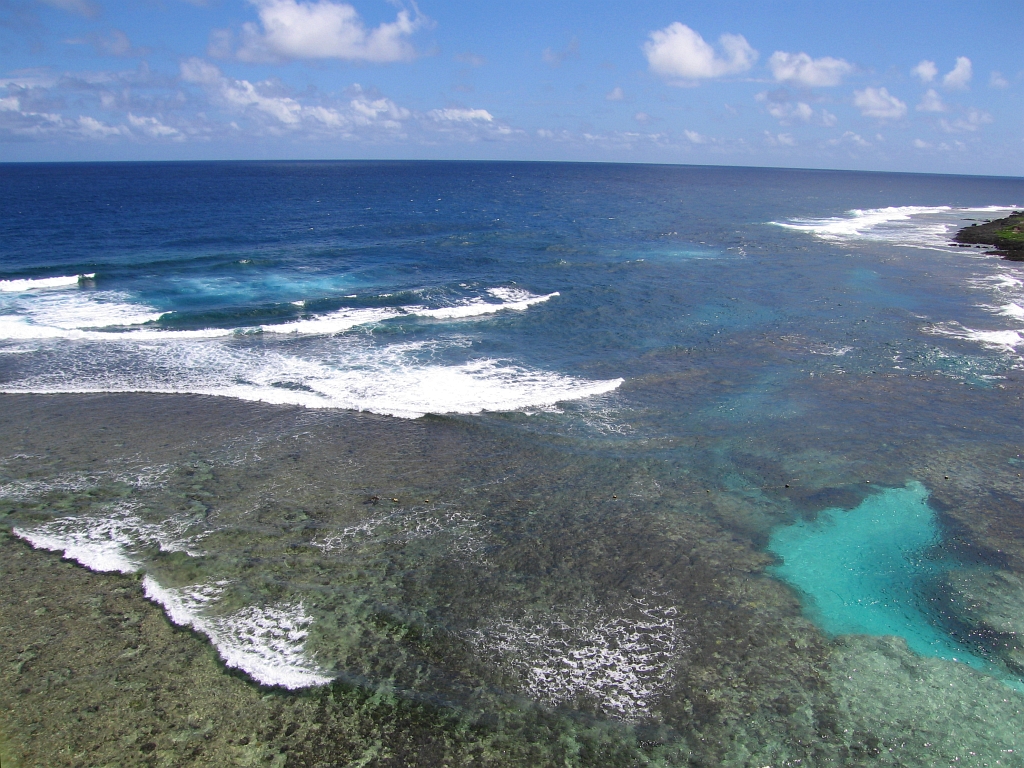Stan, LZ1GC will be active as YJ0GC, from Efate Island, IOTA OC - 035, Vanuatu, 23 November - 5 December 2025.
He will operate on 160 - 6m CW, SSB, RTTY, with focus on 160 and 80m.
Recent DX Spots YJ0GC
YJ0GC Log search QSL via LZ1GC, ClubLog OQRS.
Ads for direct QSL:
Stanislav Vatev, ul. Gen.Karcov 6A, 4300, Karlovo, Bulgaria.
QTH - Mele Kai Beach B&B, Port Vila, Efate Island, Vanuatu.
Vanuatu: islands named by James Cook
To the northeast of Australia, where the deceptively calm Pacific Ocean is particularly warm, lie numerous lands of eight groups of so-called “black islands”: this is how the ancient Greek word “Melanesia” is translated, long ago given to the archipelagos because of the skin color of their inhabitants.
One of the archipelagos of the “Black Islands” is the republic of Vanuatu, which James Cook named the New Hebrides at the end of the 18th century, in honor of the archipelago near Scotland in the Atlantic Ocean.
Translated from the indigenous Creole language Bislama, Vanuatu means “this land forever” — which is exactly how the citizens who inhabit its beautiful lands feel, having gained independence from England and France in the last century.

YJ0GC. Vanuatu 2018. QSL.
The historical development of the republic: from savages to free citizens
Once upon a time, the island was inhabited by authentic black tribes... But in 1606, the ships of Spanish navigator Pedro Fernández de Quirós, who had Portuguese blood running through his veins, landed on the shores of one of the eighty-three islands of Vanuatu.
Soon, the local pagan population experienced the “joys” of colonization (officially, the New Hebrides came under the rule of the British and French condominium in 1906).
Incidentally, among the predominantly Christianized population of the archipelago, you can still find people who adhere to the religion and traditions of their ancestors and practice ancient paganism.
During World War II, American armed forces were based on the archipelago, mainly on its largest island, Santo.
From late spring to summer 1980, the island became a center for the people's militia, which successfully rebelled against the French and British colonial powers. The uprising brought the country its long-awaited independence: July 30 became the starting point when the New Hebrides were renamed the Republic of Vanuatu and this was recognized internationally.
The republic actively cooperates with other countries; for example, in August 2012, Vanuatu became a member of the WTO.
 Waterfall, Efate Island, Vanuatu. Author - Ron Brindley.
Waterfall, Efate Island, Vanuatu. Author - Ron Brindley.
Structure of the New Hebrides
The Republic of Vanuatu occupies no less than 83 islands, which together cover a land area of 12,500 square kilometers and are home to a fairly large number of citizens—221,336 people!
All eighty-three islands in the southwestern Pacific Ocean are compactly scattered, or more precisely, stretched out in the shape of a large letter “Y,” and consist of islands such as:
- Efate, with the active volcano McDonald;
- Tanna, which originated from an ancient volcano that is still active, with the volcano Yasur continuing to erupt on the island, regularly shaking the island with its activity and washing it with heavy tropical rains;
- Ambrim, which has an almost perfect triangular shape and is home to active volcanoes that create bizarre and beautiful lava lakes – in fact, the city itself is one huge shield volcano;
- Malekula Island, also volcanic in nature, with excellent bays;
the largest in the Espiritu Santo group (Spanish for “Holy Spirit”) – densely populated and quite “charismatic” in terms of the customs of the indigenous population.
There are fourteen large and densely populated islands in the archipelago. Next come six dozen smaller islands, and nine of the remaining 83 are very small.
The capital of the large archipelago of Vanuatu is located in the huge city of Port Vila, right on the southwestern coast of the island of Efate.
Port Vila was recognized as the capital of the colonial lands back in 1906, but it was inhabited by the poorest and most disadvantaged segments of the population.
As the islands developed economically, so did their administrative center, where infrastructure was built. For example, Port Vila is home to Bauerfield, the republic's main airport with international connections.
Interestingly, the capital of Vanuatu is a symbol of the friendship established in 2009 between the Russian Federation and the archipelago. The Russian traveler Golovnin contributed greatly to the good relations, for which a beautiful monument was erected in his honor in the central square of Port Vila.
 Efate Island, Vanuatu. Author - Michael Schilling.
Efate Island, Vanuatu. Author - Michael Schilling.
The indigenous population of the archipelago: what they believe in, what languages they speak
On the islands, which were once under the “yoke” of English- and French-speaking colonizers and professed Christianity, the legacy of an unfree past that actively and unceremoniously interfered with the established way of life of the pagan islanders is still very much felt.
Today, there are no communication problems on any of the islands in the archipelago, as the population speaks English and French fluently, in addition to the complex and unfamiliar Creole language of Bislama. These are the three official languages of Vanuatu.
The citizens of the republic profess Christianity, which was imposed on their colonized ancestors, more specifically, one of its branches, Protestantism.
What to see and marvel at
The old islands are surrounded in places by deadly reefs, which hundreds of years ago were encountered by the wooden schooners and ships of Captain James Cook's time.
To this day, the mournful wrecks of Her Majesty's “dead” fleets, as well as those of some other metropolises, attract tourists from all over the world with their “unfaded” colorful energy.
In addition to ancient artifacts, the nature is majestic and beautiful: the clear waters of the ocean and the amazingly beautiful sand (for example, in Espiritu Santo, on Champagne Beach, it has a delightful pink hue!) turn relaxation and contemplation into a real holiday.
 Efate Island, Vanuatu. Author - Roger e Celia.
Efate Island, Vanuatu. Author - Roger e Celia.
The islanders' “spicy” and unsafe hobbies
Despite the fact that virtually the entire population of the archipelago is devoutly Christian, they, like ordinary people, have certain weaknesses. The originality of the Vanuatu people's not entirely “decent” hobbies is due to the peculiarities of nature, or more precisely, the plants that abound on the islands.
For example, the local population is very fond of indulging in a local endemic plant called kava kava. This member of the pepper family is a real phyto-narcotic, and along with the widespread addiction to alcoholic beverages, it creates a criminal mindset among the citizens (especially the inhabitants of the island of Santo).
What currency to “stock up” on when going shopping in Vanuatu
Until 1983, the local population used a specific currency called the New Hebridean franc, as during the colonial era, money was minted in Paris.
Nowadays, you can visit the islands that remember James Cook's fleet with US dollars, Australian dollars, and euros. However, you will still have to exchange them for the national currency, the vatu, which has been issued by the Indochina Bank since 1982.
The amazing thing about this unique currency is that it cannot be exchanged for anything else. This is probably to fully justify its name: in Creole, “Vatu” means “stone.”

